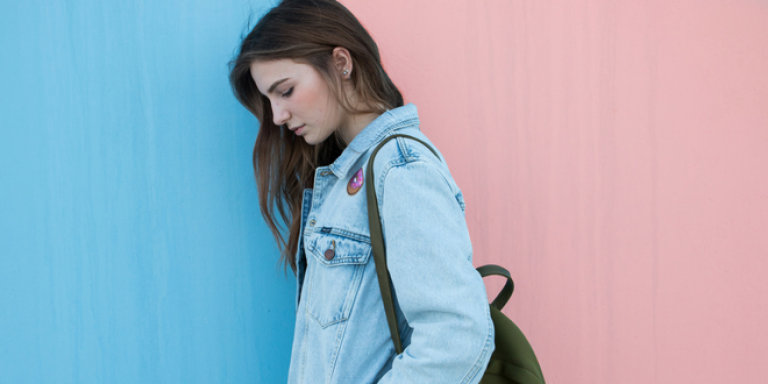Living away from home: managing homesickness
4 December 2020
Feeling homesick during your first few weeks at university is natural. In this article you'll find 8 things you can do to ease yourself better into your new environment, if you're able to join us on campus.

Homesickness is when the transition to a new environment takes a little bit longer and preoccupation with home-focused thoughts emerges. There is yearning for and grieving over the loss of what is familiar and secure: most often it is about the loss of people – family and friends – but it is also about the loss of places and routines, and the realisation that family life continues without you.
Moving to another city or country is often a very big change for many people and sometimes the uncertainty in the environment can bring about homesickness.
If and when you arrive on campus, it's natural that you may feel homesick at some point. But don’t worry, because here are some of the things you can do to ease yourself better into your new and exciting environment:
- Let it happen – don’t try to fight it! Feeling homesick is completely natural and expected. You are allowed to miss home and feel sad. But remember, you are also allowed to enjoy yourself – it is not being disloyal to those you miss! So…
- Get involved! This will not only provide a distraction, but will also help make UCL your new home. There are so many clubs and societies within UCL, that you are very likely to find something that suits your particular interests. This way you are also bound to make new contacts and friends.
- Other students are excellent sources of support. Have a chat with them digitally or in person if that's possible. Everyone feels a bit lost and unsure at first, even UK students! Don’t just assume other people are not feeling homesick – you can’t read their minds! So let them know how you feel and they will help you. Remember, you are not the only new person.
- Try and establish routines. For example, if you're living on or around campus, stick to one particular way to walk into university or pick a specific day on which you do a weekly food shop. This can make your new environment feel more stable and will hopefully make you feel more settled. Don’t know your way around UCL too well? Then look at our campus maps, and if all else fails, have a go using street view on Google Maps.
- Don’t phone home too often or go back too early. This won’t help. Give yourself time to get used to things first. But don’t shut them off either! Let the people back home know about your life here (top tip: try writing a blog and sharing it with your loved ones!) If possible, you can even encourage friends and family to come and see you in your new setting.
- Make your room uniquely yours. If you’ve brought some home comforts, don’t forget to display them. Otherwise, you could print off some photographs or buy some decorations. You would be surprised how much comfort a new poster can bring.
- Be realistic about what to expect from yourself and student life. Establish a balance between work and leisure: you are not expected to work all the time – you would soon burn out if you did. On the other hand, if you don’t put in enough time on work, you can very quickly get behind, which only adds to the stress. And lastly…
- Always remember to get enough food and sleep! These affect us emotionally as well as physically, so remember to look after your body.
However, if you find that despite all of these efforts your feelings haven’t improved, even slightly, after about a month, you should contact the right people and ask for help before it gets worse. This might be your GP, your tutor (especially if you think your feelings are academic-related), or Student Support and Wellbeing, including the team in Student Psychological and Counselling Services.
Remember: there is support out there and you are not alone!
Our UCLcares platform has loads of great student blog pieces on how to take care of yourself whilst studying at UCL.
If you're feeling isolated, here are some handy apps to avoid this and stay connected.
Last revised: 8 September 2021.
Sonia Greenidge, Deputy Head of Student Psychological and Counselling Services, UCL Student Support and Wellbeing
 Close
Close

